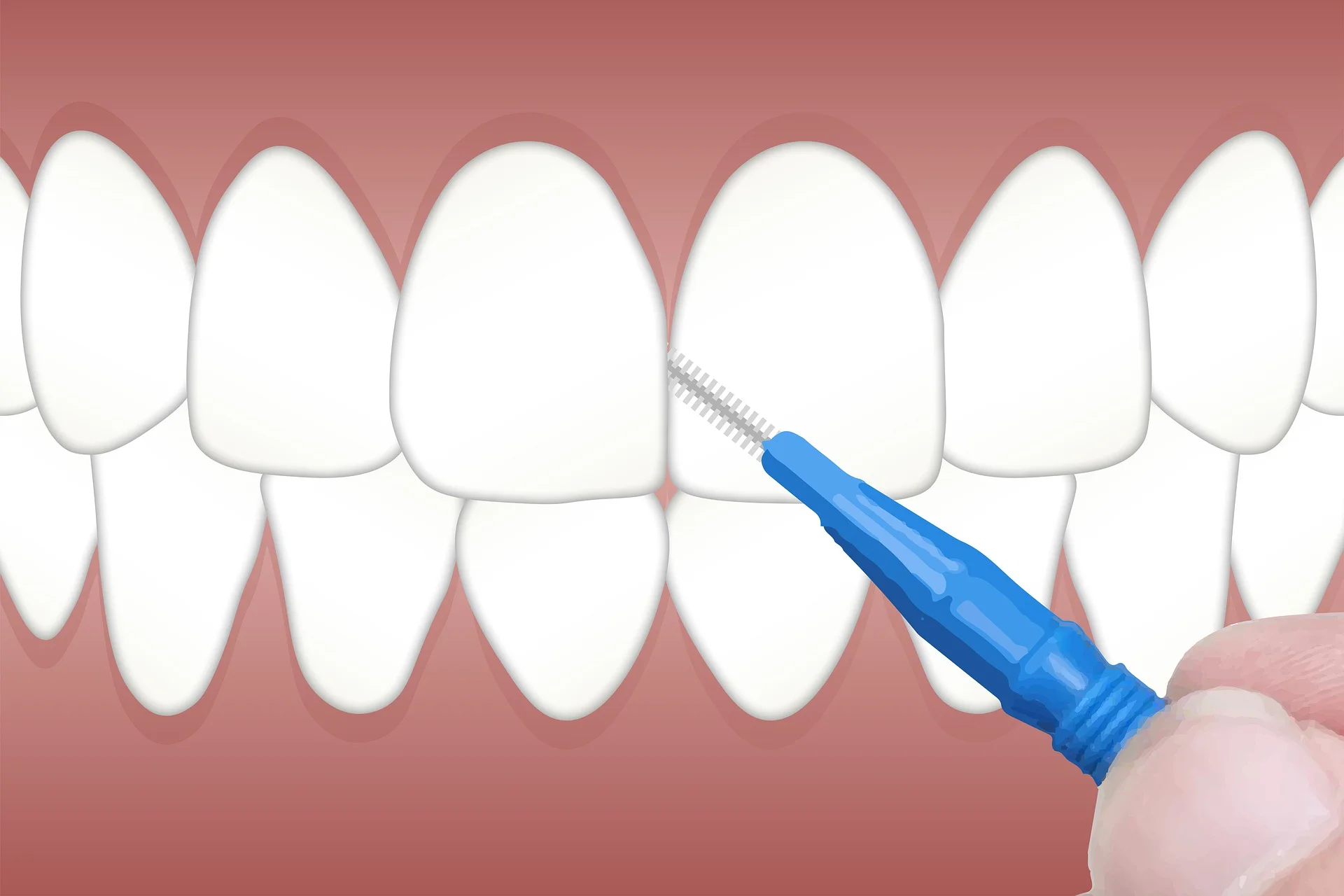Dental Implants
Modern dental implants are titanium screws that are placed into the jaw bone so that they can replace missing teeth.
Dental implants can be used to support single crowns for when one tooth is missing replacing single missing or support bridges and dentures when more than one tooth is missing.
Dental implants are made from titanium because bone is able to bond with it in a process known as osseointegration.
Dental implants can provide an aesthetic and functional solution to replace missing teeth
Why have dental implants?
Dental implants have a number of important advantages over conventional crowns, bridges and dentures:
Implants look and feel like natural teeth.
Implants function in the same way as natural teeth and there are no difficulties with eating or cleaning the teeth.
Healthy adjacent teeth do not have to be filed down to act as supports for the missing tooth or teeth. This means that they are therefore less likely to need root fillings.
The presence of the implant maintains the structure of the bone beneath the replaced tooth, as chewing forces are transmitted through the implant to the bone and stimulate the natural process of bone renewal. This helps preserve a good appearance, both of the restored teeth and of the face.
Dental implants can be used to give removable dentures a firm grip.
With dental implants, there is no need to use special glues to hold the false teeth in place, as there is with some dentures.
Can I have a dental implant?
Dental implants are suitable for most people. However, it is important that the person’s bone has developed and this usually means they are not used in young people younger than 18 years of age.
For implants to be considered the mouth needs to be healthy first and be free from gum disease and dental decay. If implants are placed whilst there is active gum disease there is a risk that an infection will develop around the implant and can lead to its failure and loss. Long term success will also depend on excellent tooth brushing around the implants to ensure good plaque control.
When is a dental implant not suitable?
For an implant to be placed there needs to be enough bone to place it in. Bone grafting is an option but not always possible.
Implants are not placed whilst there is untreated and active gum disease. Or if there is uncontrolled diabetes. This is because of the risk of failure through infection or poor healing.
There are other medical conditions that can rule out the dental implants. These can include blood clotting disorders; certain bone diseases, deficiencies in the immune system, severe systemic illnesses and drug abuse.
Smoking also needs to be considered. Smoking means that the mouth does not heal as well compared to non-smokers. This can result in the implants being more likely to fail. We advised our patients to stop smoking before having dental implants.









